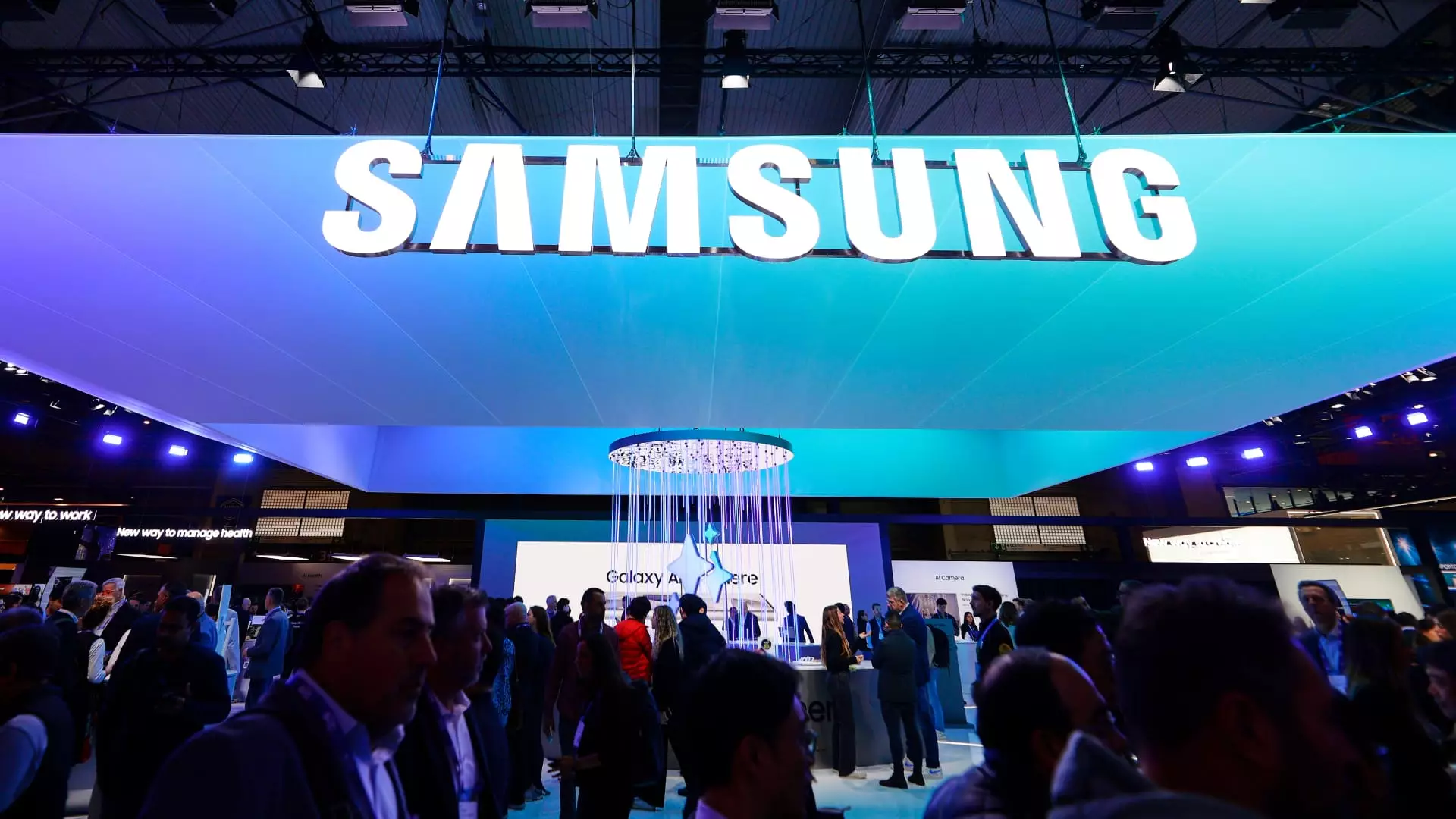Samsung Electronics, a South Korean tech giant, is experiencing a surge in its stock price after announcing better-than-expected profit forecasts for the second quarter of the year. The company’s shares reached their highest level since January 2021, climbing as much as 2.24% on Friday morning. This increase can be attributed to the explosive demand for artificial intelligence (AI) technologies.
Samsung’s guidance for the April to June quarter projects an operating profit of about 10.4 trillion won ($7.54 billion), marking a significant jump from 670 billion won a year ago. This figure surpasses the LSEG estimate of 8.51 trillion won. Additionally, the company expects revenue for the second quarter to range between 73 trillion to 75 trillion won, compared to 60.01 trillion won in the same period last year. These numbers align with the estimates provided by LSEG analysts.
Recovery in Memory Chip Market
The resurgence in demand for memory chips, driven by AI optimism, has enabled Samsung Electronics to bounce back from record losses in 2023. The company, known as the world’s largest memory chip maker, faced challenges in the aftermath of a post-Covid downturn in memory chip and electronics demand. However, the recent recovery in memory chip prices has significantly boosted Samsung’s financial performance.
Samsung anticipates that the second quarter will be primarily fueled by the demand for generative AI, while mobile device sales remain steady. The company has heavily invested in generative AI technologies, evident in its Galaxy S24 Ultra smartphone, which offers AI-driven features for photo editing and online item searching. Despite this emphasis on AI, Samsung is encountering delays in the production of high-bandwidth memory (HBM), affecting its supply to Nvidia.
The delay in HBM production has implications for AI chipset manufacturers like Nvidia, as Samsung’s lag in this area could hinder its supply to the tech giant. HBM chips are essential for AI processors, which are in high demand due to the AI boom. While Samsung is a key player in the memory chip market, its delay in HBM production may impact its competitive position in the AI chipset segment.
As Samsung prepares to release detailed second-quarter results later this month, the company’s performance reflects the broader trends in the tech industry. The increasing demand for AI technologies and memory chips underscores the pivotal role that companies like Samsung play in driving innovation and reshaping the digital landscape. By navigating the challenges of the market and capitalizing on emerging trends, Samsung Electronics continues to position itself as a leader in the global tech industry.


Leave a Reply